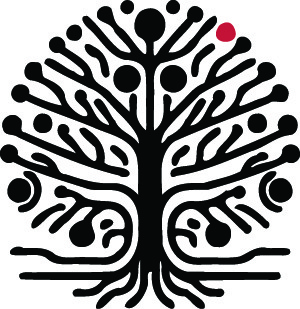
Center for the Human Past
interdisciplinary research
-
Stories of horses, people & Indo-European language
•
Read more →: Stories of horses, people & Indo-European languageIn summer, Jenny Larsson and Axel Palmér talked with Karin Bojs about the intertwined history of people and horses. The conversations contributed to the recorded podcast series, “Shortcuts with Karin […]
-
Axel Palmér joins the Center in a new role
Read more →: Axel Palmér joins the Center in a new roleThe post of Associate Senior Lecturer/Assistant Professor in Comparative Indo-European Linguistics at the Department of Linguistics and Philology, Uppsala University, has been awarded to our Human Past Fellow, Axel Palmér. […]
-
He traces the genetic history of modern humans
•
Read more →: He traces the genetic history of modern humansThe Knut & Alice Wallenberg Foundation has just published an update on the research by Mattias Jakobsson, one of the KAW scholars. Mattias Jakobsson’s focus in his new Wallenberg Scholar […]
-
A new SCAS podcast with Axel Palmér. Historical Linguistics: A Window into the Human Past
•
Read more →: A new SCAS podcast with Axel Palmér. Historical Linguistics: A Window into the Human PastIn the new SCAS podcast episode (episode 65), Axel Palmér, a historical linguist specialising in Indo-European languages, discusses his research on agricultural vocabulary in the Rigveda. Axel examines whether the […]
-
UppTalk podcast with Mattias Jakobsson
Read more →: UppTalk podcast with Mattias JakobssonIn June, Mattias Jakobsson was a guest on the podcast series UppTalk, run by the Science and Technology Domain at Uppsala University. The podcast episode, under a title: Vad kan […]
-
A new book on Indo-European research
•
Read more →: A new book on Indo-European researchOur colleague, Axel Palmér has just published a book Indo-Slavic Lexical Isoglosses and the Prehistoric Dispersal of Indo-Iranian. Axel I. Palmér, Ph.D. (2024, Leiden University), is currently a Human Past […]
-
Key components in research excellence
Read more →: Key components in research excellenceWhat does it take to achieve excellence in research? According to Anders Broström, associate professor of economics at KTH, one should “allow for more open, visionary projects and consider what […]
-
Human Past SCAS Fellows 2025-26 are…
Read more →: Human Past SCAS Fellows 2025-26 are…We’re excited to announce that the Human Past Fellows for academic year 2025-26 have been selected! The fellowship programme is an initiative by the Center for the Human Past, administered […]
-
Fulani: new study unravels the genetic history of Africa’s largest pastoralist community
Read more →: Fulani: new study unravels the genetic history of Africa’s largest pastoralist communityA popular science feature on the recently published Fulani study (see our news item) is available in The Conversation – Africa. Carina Schlebusch and Cesar Fortes-Lima are two of three […]
-
The Indo-European language puzzle can be solved
Read more →: The Indo-European language puzzle can be solvedIn response to the article The genetic origins of the Indo-Europeans, recently published in Nature, Jenny Larsson was one of the researchers interviewed by the popular science magazine Forskning & […]